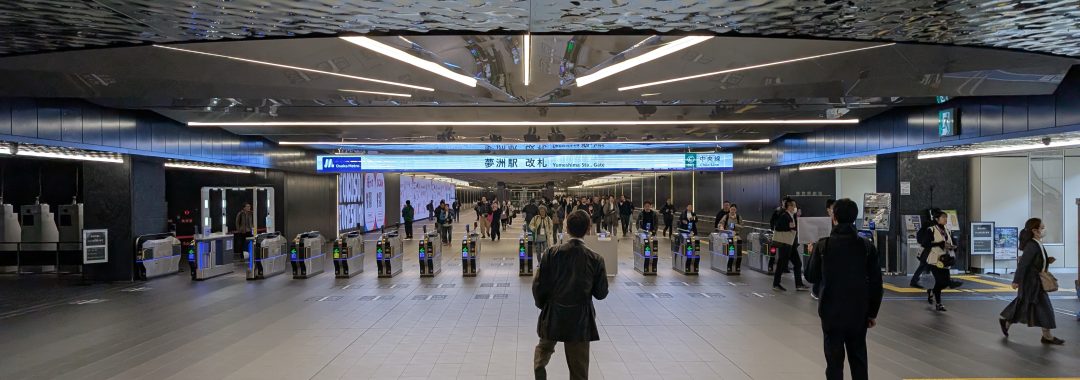For international clients, cultural institutions, and global brands planning events at Expo 2025 Osaka, Kansai, understanding how to coordinate local production logistics is essential—especially when it comes to the AD pass (Access Document pass) system. AD passes are mandatory for any on-site service providers, including filming crews, stagehands, and equipment operators.
Yet, misunderstandings about who is responsible for applying for these passes have already caused delays and compliance risks. This article explores real-world examples—including an upcoming concert shoot at the Italy Pavilion and a past filming assignment at the Netherlands Pavilion—to illustrate critical lessons in Expo production management.
Case 1: Misunderstanding AD Pass Responsibility — Italy Pavilion Concert Filming
Scheduled Filming Dates: May 18 and 29, 2025
Client Type: International music label
Location: Italy Pavilion
Our company was recently commissioned by a European music label to handle video production for two classical concerts at the Italy Pavilion. The client assumed that the Japan Association for the 2025 World Exposition (Expo Association) would manage all AD pass issuance on their behalf. This assumption turned out to be incorrect.
After reaching out for clarification, the Expo Association confirmed the following:
“We only issue AD passes directly to media/journalists. For any non-media service work—such as event filming, staging, or technical setup—the organizing Pavilion or sponsor brand must submit the application.”
Because of this misunderstanding, the client had not coordinated pass applications with the Italy Pavilion. This oversight led to a critical delay, as pass processing requires up to 10 business days, and applications cannot begin until the event organizer (the Pavilion) submits the necessary paperwork and approves payment.
With filming dates fast approaching, our team was forced to wait on stand-by. Meanwhile, freelance crew availability was jeopardized, posing financial risk due to potential cancellation fees and scheduling conflicts. The situation could have resulted in a non-compliance violation or last-minute cancellation—both unacceptable outcomes for international events of this scale.
Case 2: Equipment-Related Gate Block — Netherlands Pavilion Incident
In another instance, a Dutch media organization hired our production company to film a news feature at the Netherlands Pavilion. The project was a journalistic assignment, and the Pavilion had properly issued AD passes for our crew in advance.
However, when our team arrived with professional camera gear, security at the service gate blocked entry, stating that the crew appeared to be “media” and required additional verification—despite holding valid AD passes. The misunderstanding arose because the security staff interpreted the presence of large-scale camera equipment as requiring media clearance, not just general access.
The situation was only resolved after the Pavilion’s event manager intervened and contacted Expo authorities directly. Although the issue was ultimately cleared, the delay cost the team over 30 minutes, pushing back the production schedule and increasing pressure on all stakeholders.
Key Takeaway: AD Passes Must Be Issued by the Hiring Pavilion or Brand
Whether the work is journalistic or production-related, Expo 2025 organizers will not process AD passes for third-party service providers. The only valid channel for securing access is through the Pavilion, brand, or institution that is hosting the event.
Furthermore, when carrying large equipment, it’s essential to anticipate possible misunderstandings at security checkpoints—even when passes are in hand. Proper communication between the Pavilion, security staff, and production crew is necessary to prevent unnecessary delays.
Don’t Forget Vehicle Entry Passes for Equipment Transport
Many filming projects at the Expo site require transportation of heavy gear, lighting, audio racks, and tripods. In such cases, a vehicle entry permit must also be arranged—separate from personal AD passes. This must be coordinated by the Pavilion or event organizer at the same time as the personnel access.
Forgetting to apply for vehicle entry could prevent your crew from bringing in essential equipment, causing project delays or incomplete coverage.
Timing Matters: Why You Should Not Pre-Assign Freelancers Too Early
In most production cases, crew selection can’t be finalized until AD pass applications are approved. This means that freelancers should only be booked after the Pavilion has completed payment and confirmed the crew list.
Booking staff too early can result in cancellation costs or scheduling conflicts if AD passes are not approved in time. International teams must align payment timelines and administrative processes carefully to avoid such financial and operational risks.
Final Thoughts: Early Coordination Is the Key to Successful Expo Production
Expo 2025 Osaka presents a unique opportunity for global collaboration—but also a unique set of logistical challenges. Ensuring smooth production workflows requires:
- Clear understanding of who is responsible for AD pass applications
- Allowing at least 10 business days for processing
- Coordinated communication between the hiring party and local production teams
- Inclusion of vehicle entry permits for equipment-heavy projects
- Sensible timing of crew assignments to avoid contract issues
Working with experienced local partners can help navigate these complexities. For international teams aiming to showcase their brand or culture at Expo 2025, a little extra preparation today can prevent costly mistakes tomorrow.

